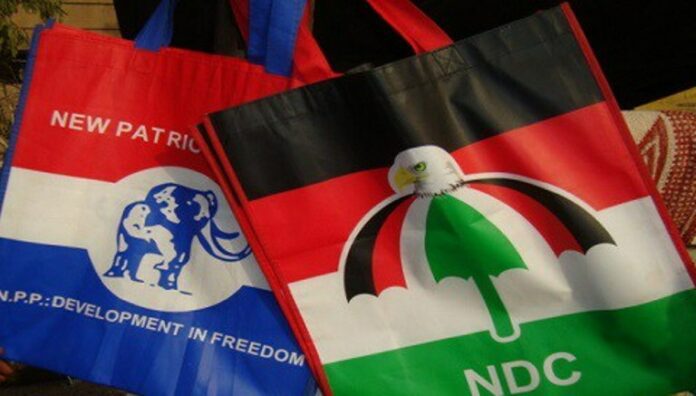Parties win elections based on policy proposals to the electorate.These proposals are contained in their manifestos which form the basis of the social contract at the heart of democratic governance.
Unlike previously where parties drew up manifestoes and presented to the people, the reverse seems to be the case in this year’s election. John Mahama’s ‘Building Ghana Tour’, the NPP’s ‘Bawumia Engages’, Alan Kyerematen’s ‘Market Tour’ and Nana Kwame Bediako’s ‘Listening Tour’ are public engagement tools designed by some of the leading aspirants in this year’s election, seeking the views of the electorate in a bid to carve out the right policies to solve Ghana’s problems.
The NDC’s John Mahama explains why the NDC has adopted this approach.
“In the past, manifestos were written by a small group of experts who sat in a room and tried to second-guess what the felt needs of the people are. And after they had done that, they will submit it to a manifesto committee that will enact the manifesto and say this is the party’s manifesto and if we are given power, this is what we are coming to do.
From 2020, we changed that mode and we decided that we would rather go around and listen to the people, synthesize what the challenges and issues that they consider important are, and we’ll use that as feed material for our manifesto,” he explained.
The Bawumia Campaign is engaging organised groups for the purpose of shaping policy and ideas for governance. Already, Dr Bawumia has met the Association of Ghana Industries, the Ghana Bar Association and other identifiable groups.
Governance expert, Prof Baffour Agyeman Duah argues that this approach by political parties is a better way of involving citizens in the governance process.
“The parties have realized that it’s important, in terms of presenting yourself to the people, to know what the people need, what the people want. And also to make sure that the promises you give are doable, you have the capacity to execute. So hopefully, these consultations that they are doing, the two parties are doing, will inform them on what is best to offer to the people themselves,” he said.
But do the citizens really consider manifestoes in voting? I spoke to a number of first-time voters at the University of Ghana to sample their opinions.
‘I’m paying critical attention to precedence in Ghana. Parties come out with various manifestos at the end of every electoral year. But then going into administration, do we see the manifesto playing roles? Do we see their manifestos being paid attention to? Or it’s just used as a tool to gain power and at the end of the day the manifesto is not being used. I can see that in this particular election; some candidates don’t have any particular message,” one of them said.
Another student said, “I’m looking forward for the best of manifesto that will address issues that concern me as a young person, that will address educational issues, that will address employment issues, issues that concern young people”.
Ghana is transitioning from personality-based political campaigns to issue-based campaigns, a shift from the previous era of personality attacks and sloganeering.


